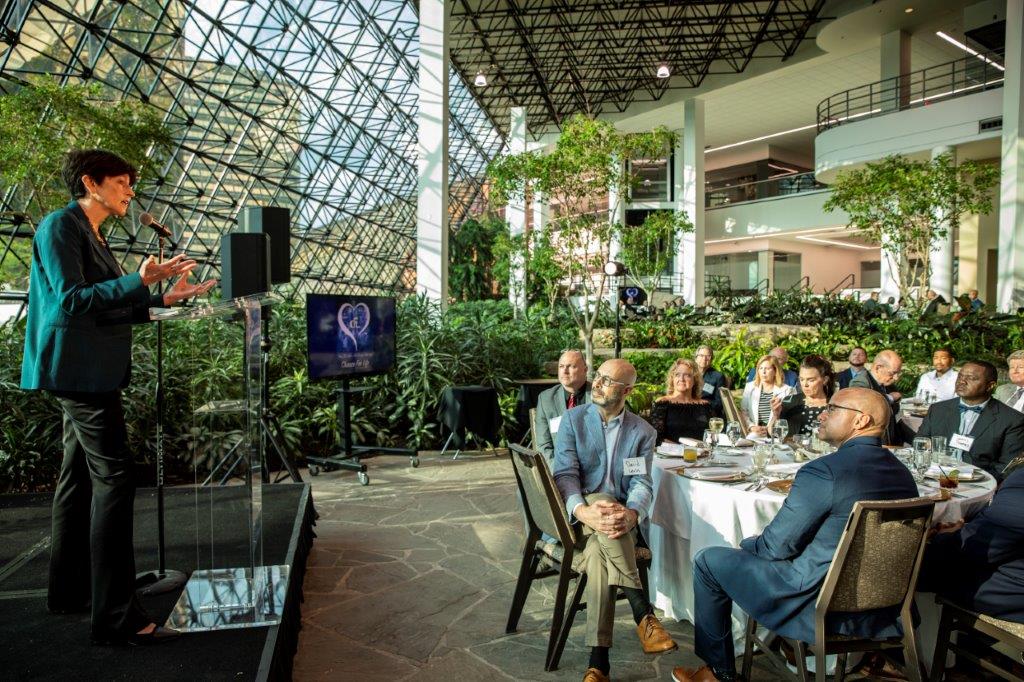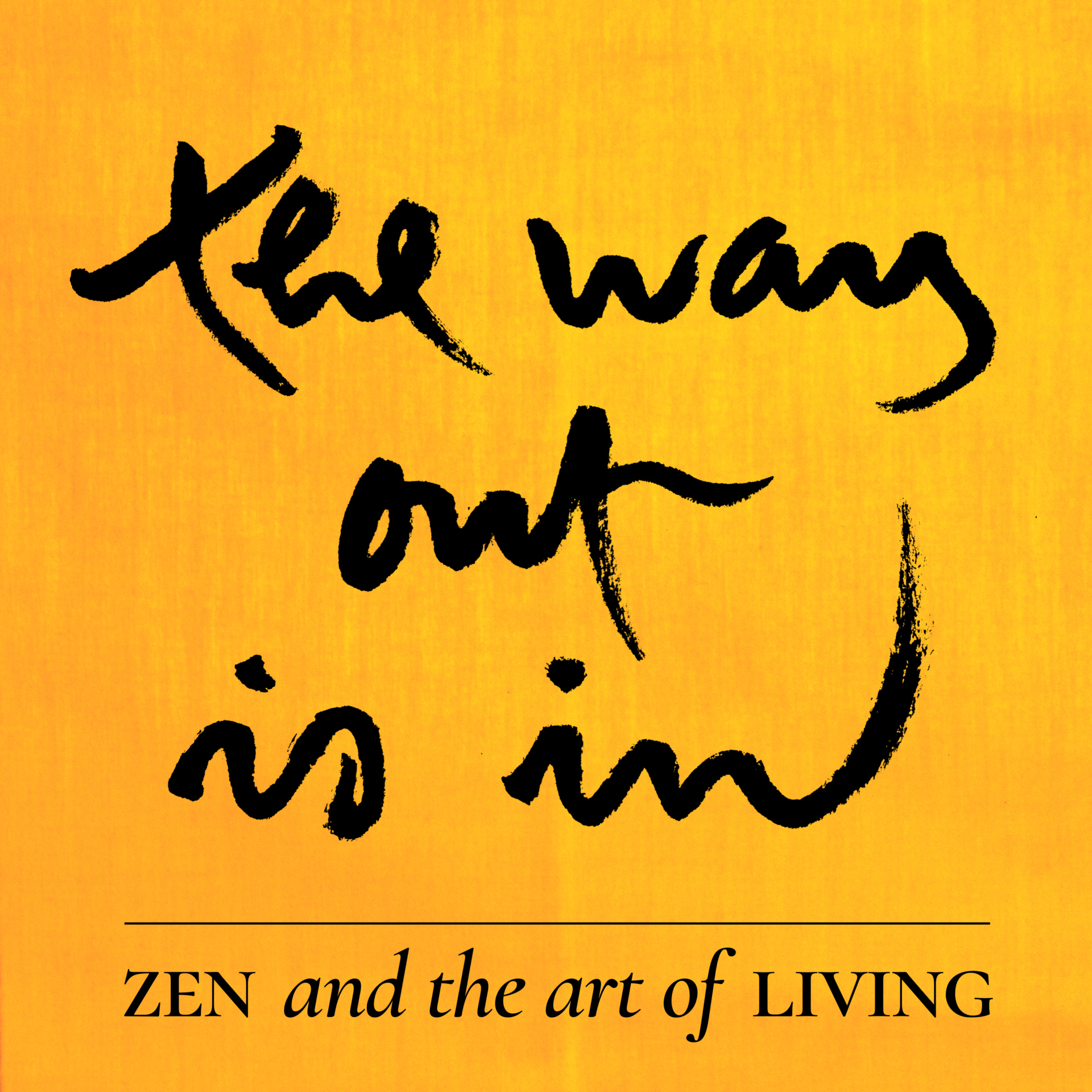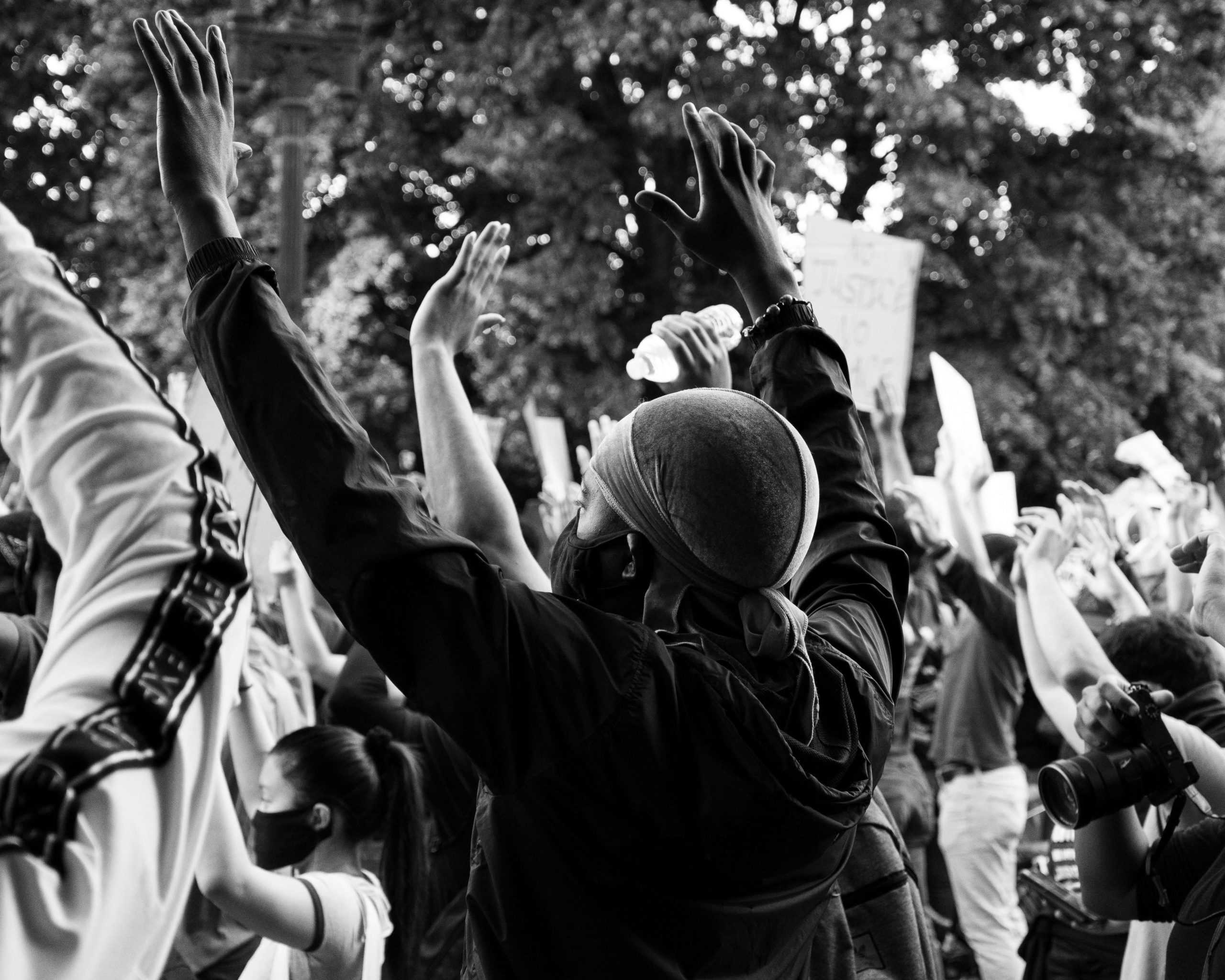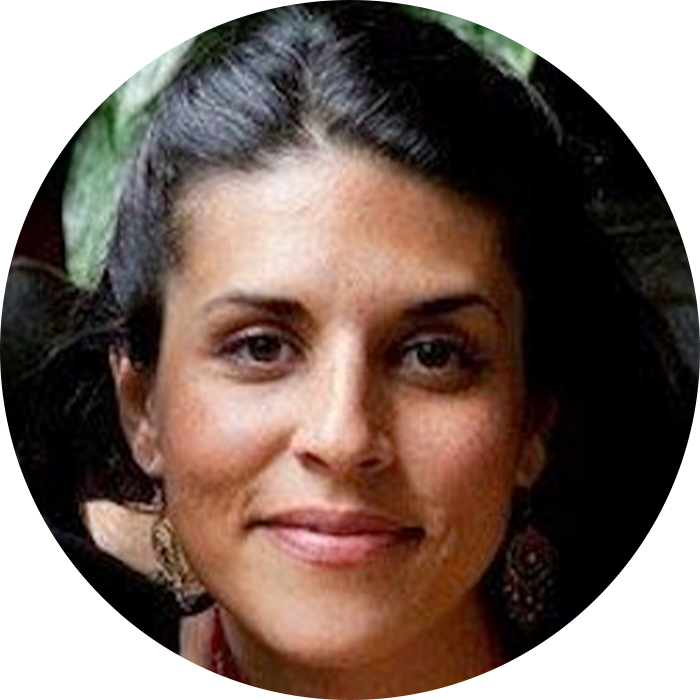Experiencing transformation with Chance for Life
A contingent of Leaders’ Quest team members and clients visited the headquarters of Chance for Life, a Detroit-based nonprofit that provides behavioral and life skills training to incarcerated and returning citizens. LQ met with several individuals whose lives have been transformed thanks to interventions by co-founders Tom Adams and Jessica Taylor, and their staff.
The visit coincided with Chance for Life’s From the Heart Fundraiser, a benefit dinner held May 19 that brought together philanthropists, policymakers, business leaders, and several returning citizens for an evening of inspiring conversation and celebration.
Visiting Chance for Life
LQ spent the next day with Adams and his team, starting with a tour of Detroit’s historic and diverse neighborhoods before visiting two Chance for Life facilities. The visit featured powerful, robust group conversation centered on Chance for Life’s mission and first-hand accounts from returning citizens about their journeys of transformation and resilience.
D’Angelo Rocklin Jackson, an entrepreneur now based in Los Angeles, shared a letter by his father, Everett Rocklin Jackson, a Chance for Life member currently incarcerated in Michigan, titled “Journey of a Father Behind Bars.”
The letter reads:
Hello, everyone. My name is Everett Rocklin Jackson, and I would like to share with you my experience of being a father while in prison. I have been incarcerated for the past thirty-five years; I was twenty-one years old when I came to prison. Parenting from behind bars has its own unique challenges, but is achievable with support from a strong network of loving family and friends — it certainly takes a village. My son, DeAngelo, is a wonderful example of what the collective power of a village can produce through love, encouragement, guidance, and lots of prayer. I am grateful he is there today sharing some of our story with you.
Two weeks before my son’s third birthday I was arrested for a drug-related murder. Eights months later I was convicted and sentenced to life in prison. Locked up with plenty of time on my hands I began thinking about how my absence would impact my son’s life and the emotional and mental strain it would likely impose on us both. I wanted to save my son from feeling like I had when my father wasn’t around. I knew too well the challenges my son would face in my absence, and being present in his life would be the only way I could save him. And the only way I could save myself, too. Although my presence in DeAngelo’s life would eventually help shape him into a good man, his presence in my life had already begun to shape me into a better man.
Due to my family’s unconditional love and support I was always able to speak to my son by telephone and see him on visits. Our relationship would be built phone call by phone call, visit by visit, letter by letter, picture by picture, gift by gift, hug by hug, smile by smile, and occasionally tear by tear.
Celebrating birthdays and special occasions called for thinking up something that would deliver a lasting impact. I remember when DeAngelo was about five years old and I bought lots of candy from the prison store and sent it to him for Halloween. The candy box and other gifts became repeat practices each year. I would also send clothes and unique shoes I purchased for him. I began sending him various books, too. When my son was about twelve years old I purchased us twin dictionaries to study together.
During the school year I would write letters to DeAngelo’s teachers, explaining I was in prison but still an active parent interested in my son’s educational progress. I always received a copy of his report cards and would tell him how proud I was of him when he got good grades; or, if a grade was low how I expected an improvement the next marking period.
On the surface our story reflects a father behind bars who loves his young son and helps decode the world for him. Yet, unfolding beneath the surface of this shared human drama are the spiritual paths of a father and son. Our story is about transformation, healing, and learning important life lessons like patience, forgiveness, forbearance, and the true meaning of family.
Striving to be “present” as a parent while being incarcerated has helped me heal from my own childhood wounds and other past hurts. I’ve learned we can heal ourselves by learning to give to our children (and ourselves) what we were deprived of in our childhood. Being an active parent has been a double reward because I now see my son giving to his children the very thing he did not receive from me: the blessing of a father’s physical presence. DeAngelo showers his children with love, affection, and presence. His fatherhood experience is helping him heal from the childhood wounds created from my physical absence. Spiritually we are continuing to grow as a family.
I am also blessed to be a grandfather and I love my grandchildren with all my heart. I feel truly blessed to have such a wonderful family! God has been and continues to be so good to me! Parenting from prison is challenging, but its rewards are truly greater! Thank you for listening and may you be blessed!



